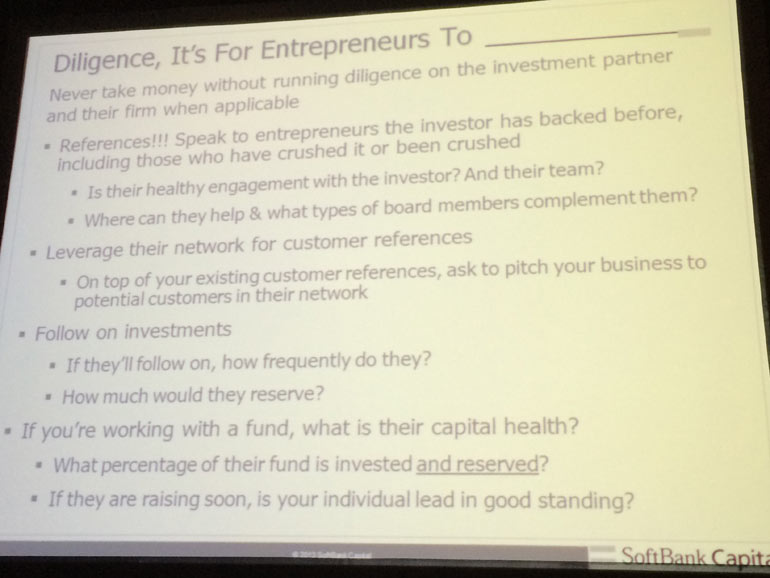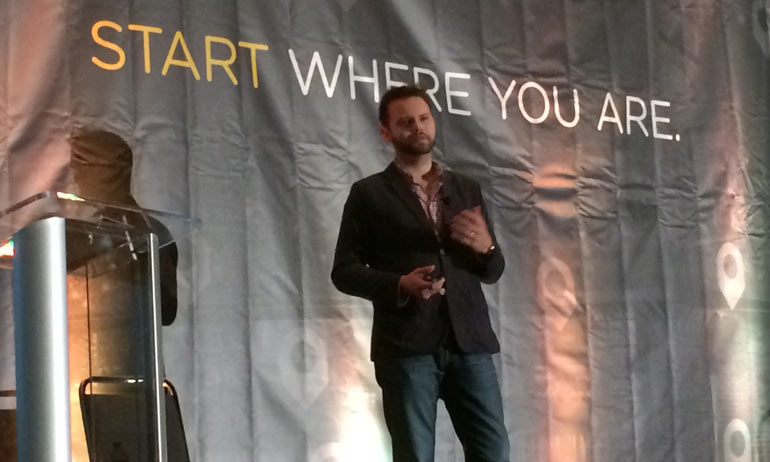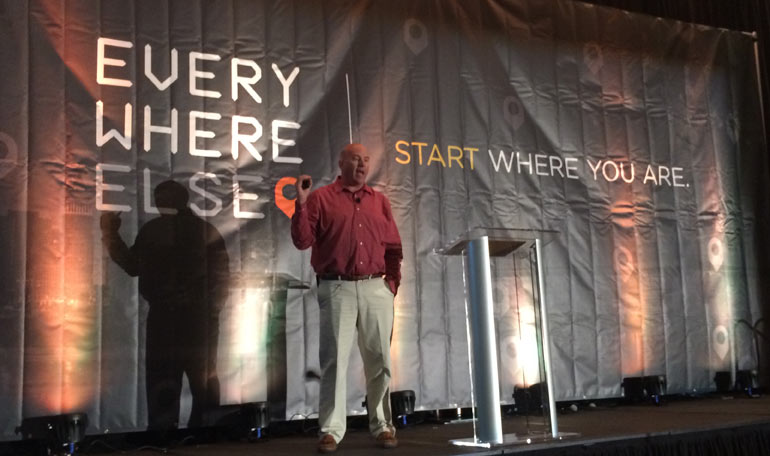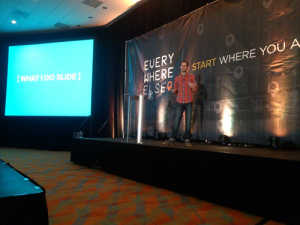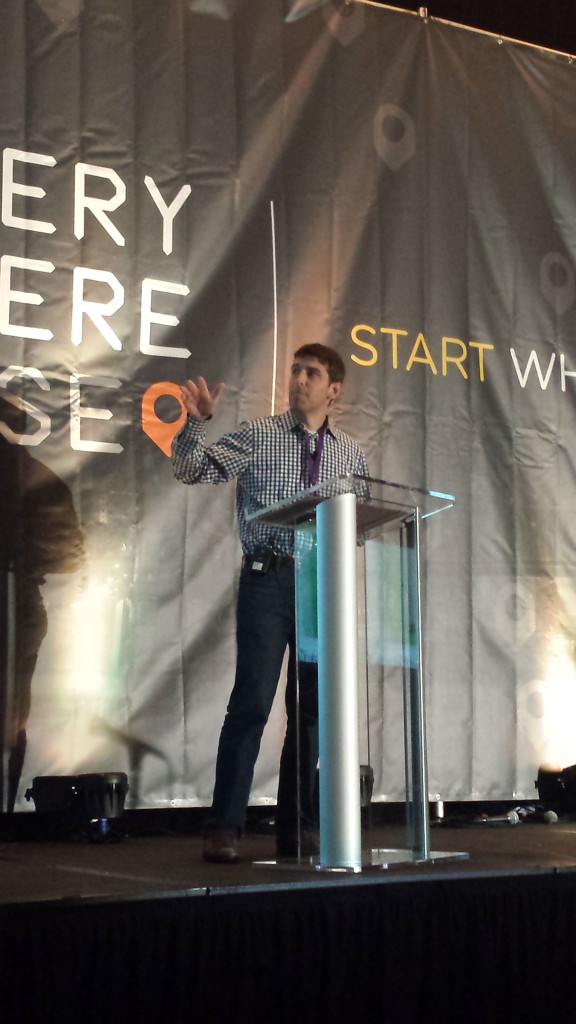 A good team of investors can be the foundation of your startup’s success, but a bad one can obliterate even the strongest ideas. Investors can provide your business with more than capital — they can become resources for organizing, marketing, and realizing ideas. Knowing what to look for in an investor and being able to attract the best kind of investors are vital skills for any new entrepreneur.
A good team of investors can be the foundation of your startup’s success, but a bad one can obliterate even the strongest ideas. Investors can provide your business with more than capital — they can become resources for organizing, marketing, and realizing ideas. Knowing what to look for in an investor and being able to attract the best kind of investors are vital skills for any new entrepreneur.
Attracting Investors
As a newbie with limited experience, how do you convince potential investors you are worth listening to — and get them to buy into your idea? Here are two qualities I strongly believe are key:
Communication: In a time when people are constantly connected online, it’s essential to be good at correspondence in its simplest form. People hate being relegated to your voicemail, and unanswered emails make it appear that you don’t have time or don’t care about responding.
Our investors know they can call me anytime, and I’ll always pick up the phone or get back to them quickly. Respond to phone calls and voicemail messages and make time — not just to read, but also to thoughtfully answer emails every day.
Honesty: Being truthful is obviously non-negotiable. If you misrepresent yourself or your business, you’ll be dead in the water.
It’s natural to think seducing investors with best-case-scenario figures is the most effective way to get funding for a new project. Actually, the opposite is true. Nothing will torpedo an investor’s confidence in you faster than projecting everything through rose-colored lenses.
Making cautious or even negative projections shows investors you’re honest with them and also capable of being realistic about your project’s potential problems. Underpromising and over-delivering is your best bet, and an honest assessment of a project’s strengths and weaknesses is crucial.
Sealing the Deal
Once you’ve established yourself as accessible and trustworthy, you will not have to go out of your way to land the investment. Take these steps in advance to increase your chances of sealing the deal:
- Prove it works. Once you’ve built a business successfully — even a small one — investors are more likely to believe in you. Get an idea going, and achieve small successes to show you’ve got the drive to see things through. As someone who’s been on both sides of the table, I personally feel more confident investing in ideas that have already proven viable.
- Build relationships. Every person you meet is a potential investor or a contact who will lead you to one. This has proven true for me dozens of times. I met a guy at Starbucks once who introduced me to a group that invested $250,000 in one of my ideas. We eventually sold that business for seven figures.
- Be likable. It’s impossible to raise money if investors don’t like you. Engage people and be friendly. Look sharp and exude positivity. An investor once told me that he chose to invest in my company because I was personable. “I know we have a winner here because of you. I like you,” he said.
Finding the Right Investors
Getting the right investors for your project is just as important as being able to attract investors. Here’s what I advise upcoming entrepreneurs look for in their investors:
Diversity: The more well-rounded your investment group is, the better suited they’ll be to address the challenges your company will face. Look for investors with diverse backgrounds and experiences.
Positivity: Supportive people can be the difference between a project’s success and failure. No company can grow without encountering problems. Finding people who remain confident through these times can improve your chances of success.
Investors are vital in far more ways than just providing cash. Depending on the arrangement, the right group can become unofficial consulting firms or even assist in day-to-day operations. My current partner, Ryan Goldschmidt, first invested in a nightlife venue he had neither the experience nor the skills necessary to operate. After an exhaustive search, he found a company willing to invest in the buildout with the skills to operate a large venue and the capital needed to make the necessary improvements.
Of course, some investors prefer to remain at arm’s length. Either way, your team of investors can make or break your startup. Always approach potential investors with honesty and confidence, and don’t forget to be picky when choosing the right people to partner with.
Aaron Pitman and Ryan Goldschmidt are founders of RA Domain Capital, a domain name development firm. Aaron is an angel investor and an entrepreneurial thought leader. He welcomes anyone to reach out to him through Twitter (@aaronpitman) or you can visit him directly at aaronpitman.com.
The Young Entrepreneur Council (YEC) is an invite-only organization comprised of the world’s most promising young entrepreneurs. In partnership with Citi, the YEC recently launched #StartupLab, a free virtual mentorship program that helps millions of entrepreneurs start and grow businesses via live video chats, an expert content library and email lessons.



